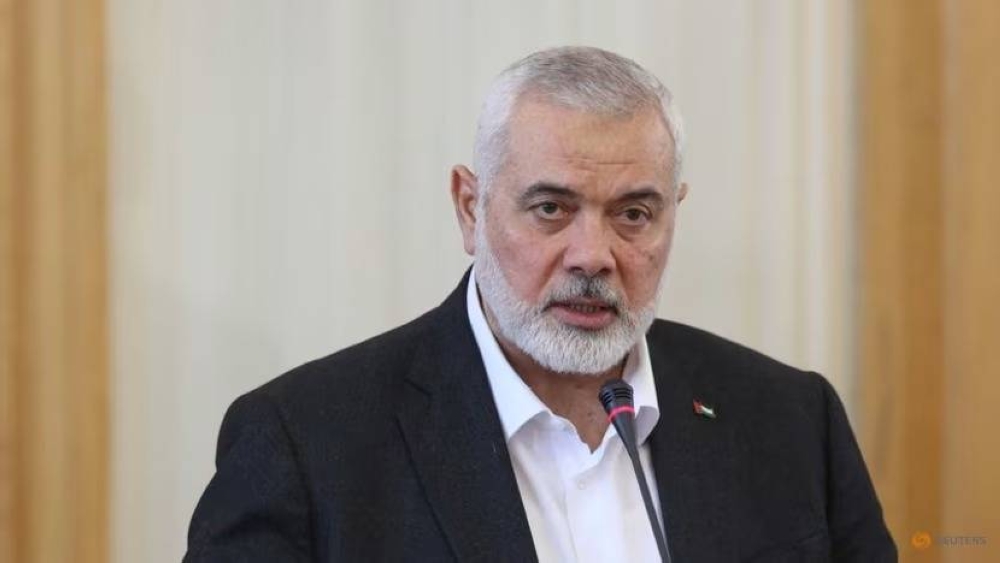
Palestinian resistance movement Hamas leader Ismail Haniyeh was assassinated in the Iranian capital Tehran early yesterday, an attack that drew threats of revenge on Israel and fuelled further concern that the conflict in Gaza was turning into a wider Middle East war.
The Palestinian group and Iran’s Revolutionary Guards confirmed Haniyeh’s death. The Guards said it took place hours after he attended a swearing-in ceremony for Iran’s new president.
Although the strike on Haniyeh was widely assumed to have been carried out by Israel, Prime Minister Benjamin Netanyahu’s government made no claim of responsibility and said it would make no comment on the killing.
Haniyeh was killed by a missile that hit him “directly” in a state guesthouse where he was staying, Khalil al-Hayya, a senior Hamas official, told a news conference in Tehran, quoting witnesses who were with Haniyeh.
Haniyeh had been taking part in internationally-brokered indirect talks on reaching a ceasefire in Gaza.
The assassination occurred less than 24 hours after Israel claimed to have killed Hezbollah’s most senior military commander in the Lebanese capital Beirut in retaliation for a deadly rocket strike in the Israeli-occupied Golan Heights.
The latest events appear to set back chances of any imminent ceasefire agreement in the nearly 10-month-old war in Gaza between Israel and Hamas.
Hamas’ armed wing said in a statement Haniyeh’s killing would “take the battle to new dimensions and have major repercussions”. Vowing to retaliate, Iran declared three days of national mourning and said the US bore responsibility because of its support for Israel.
Iran’s Supreme Leader Ayatollah Ali Khamenei said Israel had provided the grounds for “harsh punishment for itself” and it was Tehran’s duty to avenge Haniyeh’s death.
Palestinian President Mahmoud Abbas condemned the killing and Palestinian factions in the Israeli-occupied West Bank called for a strike and mass demonstrations.
Three of Haniyeh’s sons were killed in an Israeli airstrike in April.
